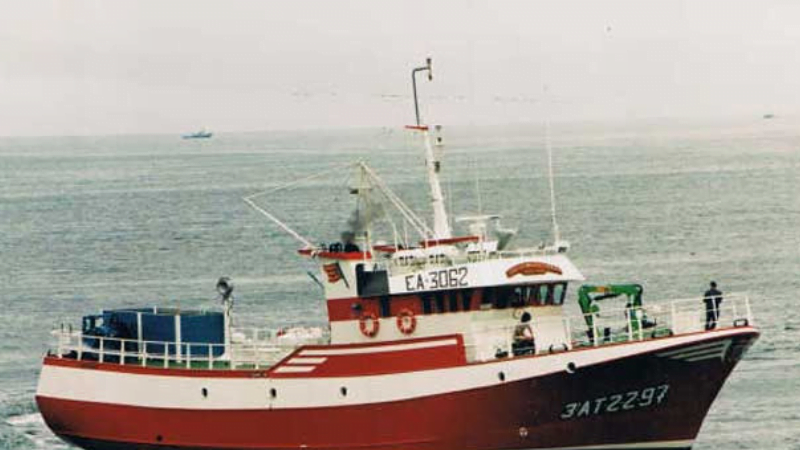A coalition of human rights NGOs have expressed their concern on ongoing negotiations between EU Member States and Libya regarding the possible disembarkation in Libya of the 12 migrants recently rescued by the Spanish fishing boat Nuestra Madre de Lorto on Friday.
They remain stranded at sea as Spain negotiates their return to Libya. Reacting, a group of human rights NGOs have joined forces to launch the initiative #DontLetThemDrown.
“Returning rescued migrants and refugees to Libya would expose them to serious human rights
violations, which is a serious violation of international and European law,” they said in a statement.
The initiative is made up of 14 NGOs that include Aditus Foundation, JRS Malta, Richmond Foundation, SOS Malta and Mission Lifeline.
International human rights law prohibits States from sending people to countries where their life or
freedom is in danger, or where they face a real risk of torture or inhuman and degrading treatment, the coalition stressed in an urgent appeal.
International maritime law requires that those rescued – whoever they are – are disembarked at a place of safety.
“In view of the current turmoil in Libya, which is putting the lives of many Libyans at risk, and of the widely reported ill-treatment of non-Libyan migrants and refugees, it is clear that Libya cannot be considered a safe country in terms of international human rights law or of international maritime law,” they said in a statement.
According to the September 2018 conclusions of the UN Refugee Agency: “In light of the volatile security situation in general and the particular protection risks for third-country nationals, UNHCR does not consider that Libya meets the criteria for being designated as a place of safety for the purpose of disembarkation following rescue at sea.”
The non-governmental organisations, acting together as the #DontLetThemDrown
initiative, strongly urged Malta, Italy and Spain to make sure that the rescued migrants are not
disembarked in Libya “under any circumstance”.
“We urge the three Member States to reaffirm their commitment to fundamental human rights, as international legal obligations and also as shared European values,” the group said.












